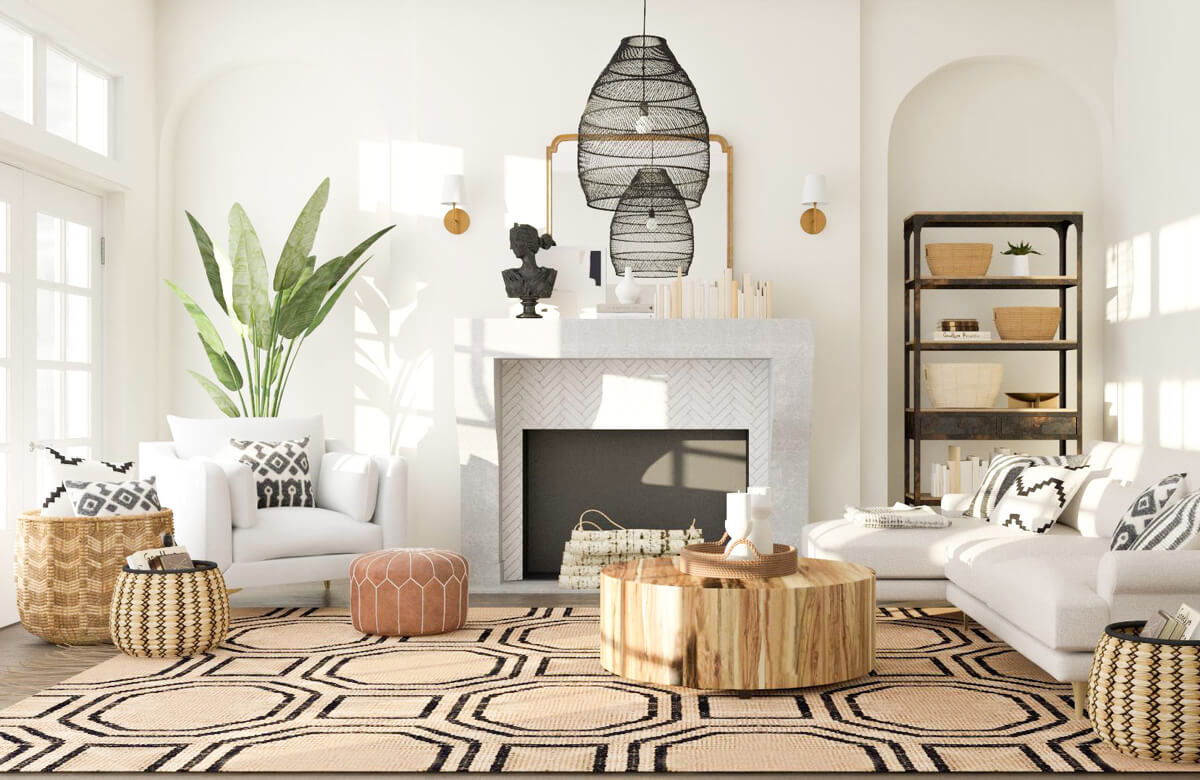In the dynamic world of interior design, the digital era has ushered in a transformative trend: user-generated content meets social commerce. This fusion has not only revolutionized how we design our spaces but has also redefined the way we shop for home decor and furnishings. In this blog, we’ll explore the symbiotic relationship between UGC and social commerce in the realm of interior design, and how businesses are capitalizing on this powerful synergy.
The Rise of User-Generated Content in Interior Design
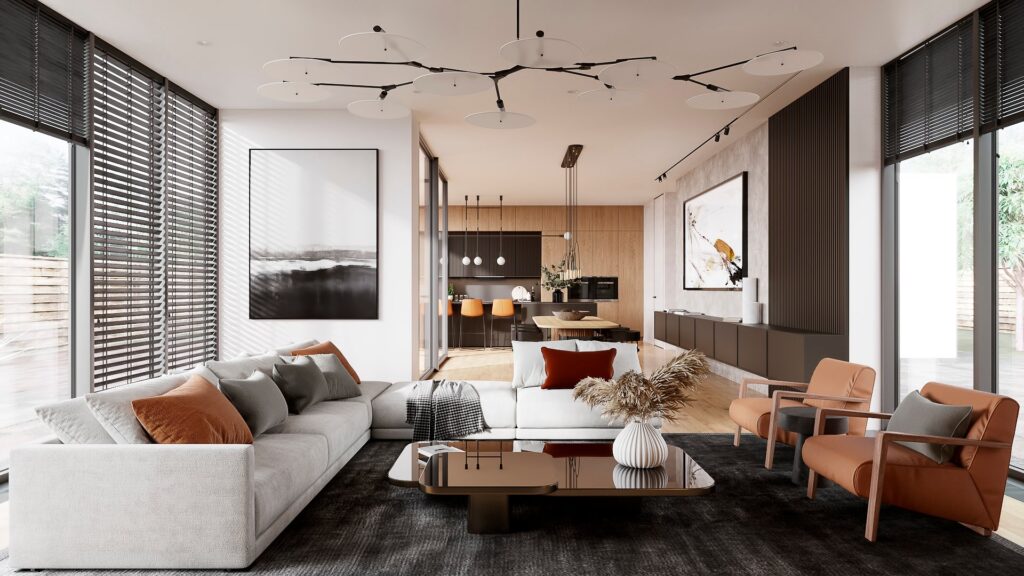
source: pinterest.com
User-generated content refers to any content be it images, reviews, testimonials, or videos created by users or customers. You can use An AI content generator to produce high-quality content for users. In the realm of interior design, UGC has taken off for several reasons:
Authenticity: UGC is often perceived as more authentic than professional marketing content. It provides a real-life glimpse into how products or designs look in everyday settings.
Relatability: UGC is relatable. It showcases how products or design ideas are being used by people just like you, often in diverse settings and styles.
Trustworthiness: People tend to trust the opinions and experiences of fellow consumers. Positive UGC acts as social proof that a product is worth considering.
Engagement: UGC fosters engagement by encouraging users to participate. It stimulates conversations and builds a sense of community around common interests, in this case, interior design.
Social Commerce: Where Social Media Meets Shopping
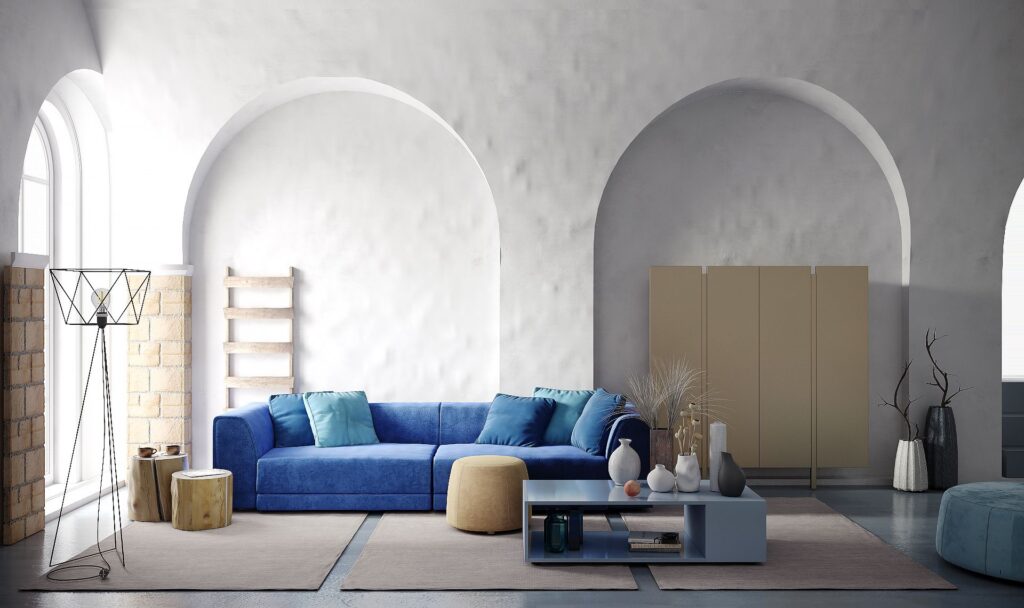
source: pinterest.com
Social commerce is the practice of buying products directly through social media platforms. It has gained traction due to its convenience, interactivity, and integration with users’ everyday online experiences. In the context of interior design, social commerce enables users to discover, explore, and purchase products within their favorite social media apps. Popular platforms like Instagram, Pinterest, and Facebook have embraced this concept, making it easier than ever for users to bring their design visions to life.
The Power of UGC in Social Commerce
The marriage of UGC and social commerce has brought about a powerful transformation in the interior design world. Here’s how UGC adds value to social commerce in this context:
Authenticity and Trust: As mentioned earlier, UGC is highly authentic and trustworthy. When users see photos of real homes adorned with certain design elements or products, they are more likely to trust the recommendations and make purchases.
Product Discovery: UGC serves as a powerful discovery tool. Users can stumble upon unique design ideas, innovative products, or interior styling tips while scrolling through their social media feeds.
Inspiration and Aspiration: Interior design enthusiasts often use UGC as a source of inspiration and aspiration. They see how others have transformed their spaces, which can spark their own creativity.
Real-Life Application: UGC showcases products in real-life settings, giving users a better idea of how these items might look in their own homes. This is particularly important when selecting furnishings or decor that need to complement existing aesthetics.
Community Building: UGC brings like-minded interior design enthusiasts together. It encourages users to engage, share their thoughts, ask questions, and connect over their shared passion for design.
Word-of-Mouth Marketing: When users share their positive experiences with a product or a brand through UGC, it’s essentially word-of-mouth marketing at scale. The reach and impact of these recommendations can be significant.
Harnessing the Power of UGC in Interior Design
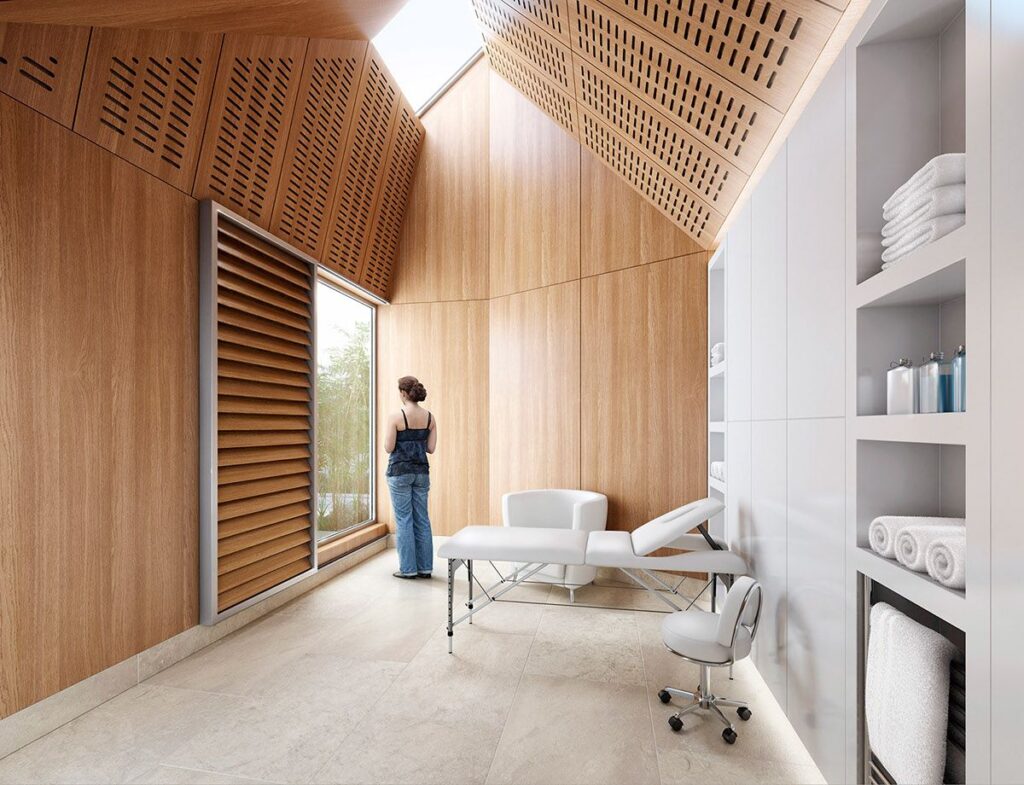
source: pinterest.com
For businesses in the interior design space, embracing UGC in the realm of social commerce can yield numerous benefits. Here’s how they can make the most of this powerful combination:
Encourage and Incentivize UGC: Actively encourage your customers to share their experiences and photos of your products. You can incentivize this by running contests, offering discounts, or featuring their content on your social media platforms.
Create a Branded Hashtag: Develop a unique and memorable branded hashtag that customers can use when posting about your products. This makes it easier to track UGC related to your brand.
Leverage Influencers: Collaborate with interior design influencers who can create UGC related to your products or designs. Their endorsement carries weight and can reach a broader audience.
Showcase UGC on Your Website: Feature UGC on your website to give potential customers a visual sense of how your products can be used. You can create dedicated galleries or product pages with UGC.
Monitor Social Media Mentions: Regularly monitor social media platforms for mentions, tags, and reviews related to your brand. Engage with users, thank them for their posts, and use their content as testimonials.
Utilize Shoppable Posts: If you’re on platforms like Instagram, take advantage of shoppable posts. These allow users to purchase products directly from the post, streamlining the shopping process.
User-Generated Reviews and Testimonials: Incorporate user-generated reviews and testimonials into your website and marketing materials. This social proof can be a powerful selling point.
Engage with Your Community: Build a sense of community around your brand by engaging with your followers. Respond to comments, ask questions, and participate in discussions related to interior design.
Case Studies: Brands Excelling with UGC in Social Commerce
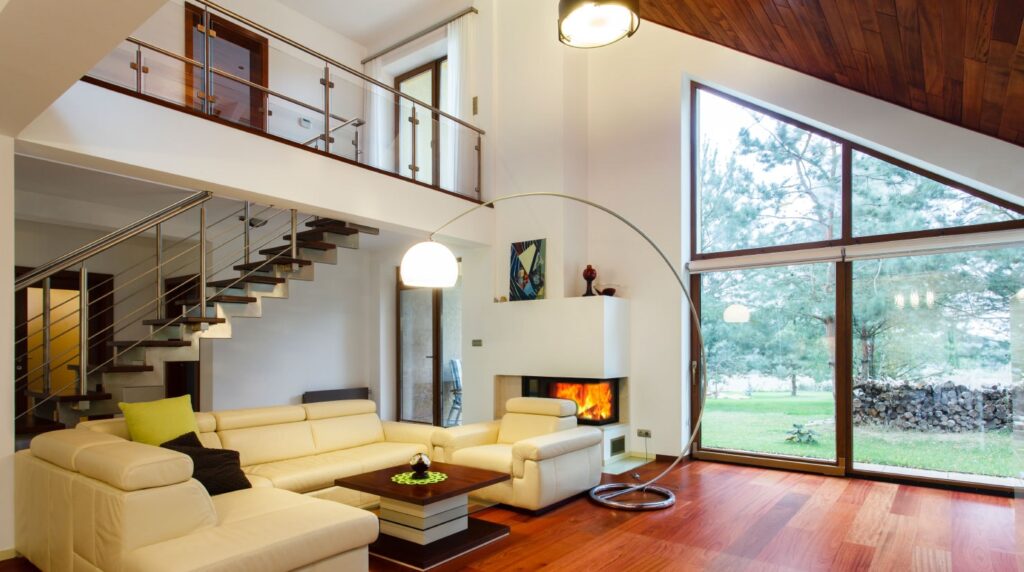
source: pinterest.com
Let’s take a look at a few brands that have harnessed the power of UGC and social commerce in the world of interior design:
Wayfair: Wayfair, an online home goods retailer, encourages customers to share photos of their purchased items in their homes. These user-submitted photos are featured on product pages, giving potential buyers a sense of real-life applications.
West Elm: West Elm showcases UGC on their website and integrates it into their email marketing campaigns. This approach adds a level of relatability and authenticity to their brand.
IKEA: IKEA’s social media accounts are brimming with UGC, showing customers how they’ve incorporated IKEA products into their homes. The content often carries the hashtag #IKEAHome.
Houzz: Houzz is a platform dedicated to interior design and home improvement. It excels in user-generated content by allowing users to upload photos, ask questions, and share ideas, creating a thriving interior design community.
The Future of UGC in Interior Design and Social Commerce
The synergy between UGC and social commerce is poised for growth in the world of interior design. As more users turn to social platforms for design inspiration and shopping, businesses that effectively harness the power of UGC will continue to thrive. The future holds exciting possibilities, from augmented reality applications that allow users to virtually place products in their homes to further integration of social commerce on emerging platforms.
Social Commerce and Social Wall: Enhancing Customer Engagement

source: pinterest.com
In the ever-evolving landscape of e-commerce and digital marketing, two concepts are making significant waves: social commerce and social walls. These terms represent innovative strategies that businesses are using to engage with customers in more interactive and dynamic ways.
Businesses can embed social walls on their websites or display them at physical locations to create a sense of community and authenticity. By showcasing UGC from customers who are using or discussing their products, brands can build trust and provide social proof of their offerings. Customers visiting a website or a store can see real-life applications of products, read reviews, and engage with other customers’ experiences, which adds to the shopping experience’s richness.
Conclusion
UGC in interior design and social commerce has ushered in a new era of authentic, community-driven design experiences. As businesses embrace this trend, they can create stronger connections with customers, foster brand loyalty, and ultimately drive sales by leveraging the genuine, relatable, and inspiring content their users generate. Interior design enthusiasts no longer have to dream of stylish homes; they can now make those dreams a reality with the guidance and inspiration of fellow design enthusiasts on social platforms.



